Keywords: Soldier
There are more than 200 results, only the first 200 are displayed here.
-
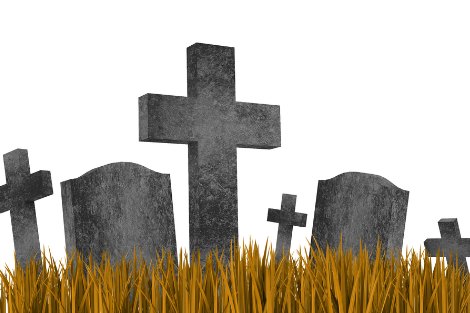
AUSTRALIA
- Michael McVeigh
- 28 April 2014
20 Comments
ANZAC Day is a powerful and worthy ritual. But the tales of our soldiers make up only one of the ongoing chapters in the story of our country. There are many others. On 25 January, let us remember the Indigenous people who once nurtured the land. On 25 February, let us remember those who gave their lives in settling this unforgiving land. On 25 March, let us remember the people who lost their lives migrating to this country.
READ MORE 
-
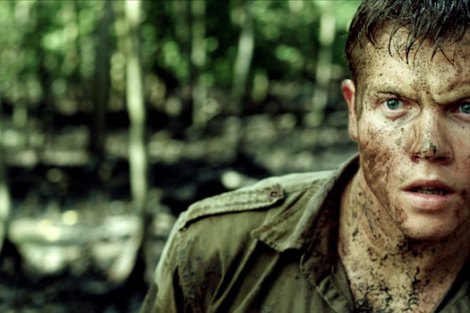
ARTS AND CULTURE
- Tim Kroenert
- 24 April 2014
As a stretcher bearer, he tended to two landmine victims, including one who had lost his leg. He spent the night darting between the two men, providing physical aid, and whatever comfort and assurance was possible. Turns out he was lucky that he didn't end up laid out alongside them: the next morning he discovered that the entire narrow ridge was riddled with mines. 'That was fairly close,' he admitted. It was an understatement.
READ MORE 
-
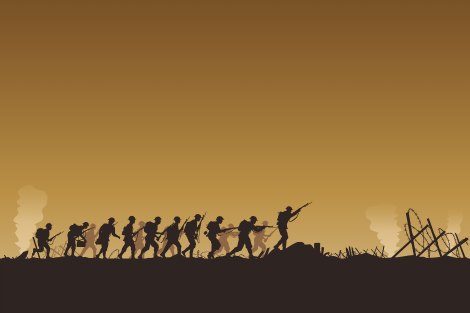
AUSTRALIA
In 1983, when his yacht Australia II won the America's Cup, Alan Bond hailed the feat as the greatest Australian victory since Gallipoli. His ludicrous misspeaking shows that by the 1980s the mythmakers' interpretation of the significance of Gallipoli was dominant. But the notion that the Diggers of Gallipoli and their successors in subsequent wars are somehow the paramount exemplars of Australian virtues does not survive scrutiny.
READ MORE 
-

AUSTRALIA
I was 13 when he went to Vietnam. There was a kind of perverse status to be derived from having a brother called up for national service, and for him to head north of the equator was a further plus. When I participated in a Moratorium March it remained my secret. What did he see over there? What did he manage to forget over his subsequent 34 years? We'll never know because he never said. And he never participated in Anzac Day.
READ MORE 
-
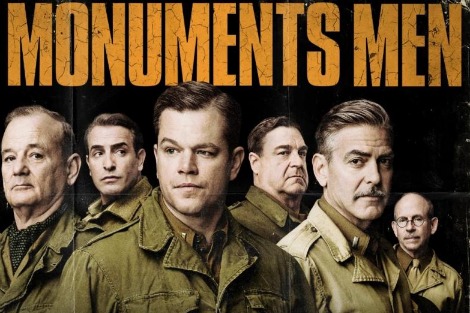
ARTS AND CULTURE
- Tim Kroenert
- 13 March 2014
1 Comment
'If you destroy their history, you destroy their achievements and it's as if they never existed,' implores art scholar Frank Stokes. He subsequently leads a team of academics and artisans into World War II Germany on a mission to rescue important works of art from the Nazis. Great art possesses the power to move and inspire, and to document and critique a culture. But is the deadly mission worth the risk to life?
READ MORE 
-
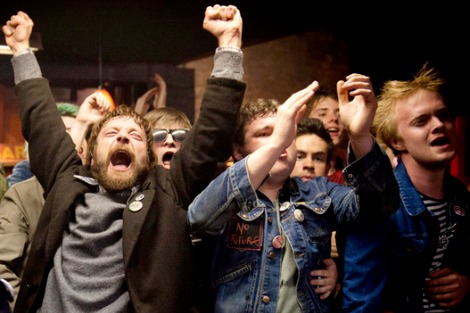
ARTS AND CULTURE
- Tim Kroenert
- 14 November 2013
In a city riven by violent hatred between Catholic and Protestant, non-religious and charismatic music lover Terri Hooley managed to stand outside and above the conflict. He became a kind of rickety prophet to Belfast's disaffected youth, as godfather of the city's burgeoning punk music scene. If any community had a reason to embrace the rage and unity of punk culture, it was Terri Hooley's Belfast.
READ MORE 
-

AUSTRALIA
- David Stephens
- 11 November 2013
12 Comments
Remembrance Day has always been for Australians a quieter affair than Anzac Day, particularly as Anzac Day in recent years has taken on a brassy, bragging style. The historian Ken Inglis described Anzac as Australia's civil religion. Although we were the first country anywhere to come together under a national constitution after a mass popular vote, we downplay Federation and venerate instead a failed military campaign in Turkey in 1915.
READ MORE 
-

ARTS AND CULTURE
- Ailsa Piper
- 18 September 2013
9 Comments
Waters fall. So does night. We fall asleep, sometimes because staying awake is too painful. Soldiers fall, and we mourn them. They are boys, many of them, so fall-able. We fall into love, and out of it again, like it is some dark hole. We forget that love should be about rising, because we have fallen back onto cliché. We go through life as though we will always be upright, and when we fall, it hurts.
READ MORE 
-

ARTS AND CULTURE
- Brian Doyle
- 04 September 2013
15 Comments
The man loses his temper, and tells his son something he has never told a soul: that one day in Donegal, during the time when the penal laws forbade Catholics to assemble for Mass, he had shot and killed a priest just as he elevated the host. The son, himself a priest, covers his face, as his father shouts that he never regretted that shot, that the priest and his fellow conspirators had got what they deserved.
READ MORE 
-

AUSTRALIA
- Justin Glyn
- 30 August 2013
7 Comments
For the second time in a little over ten years, the US and its allies seem about to launch hostilities against an Arab country on the basis of the possession or use of chemical weapons. They have made clear that while they may seek a Security Council resolution, they do not consider themselves bound by it. This is worrying.
READ MORE 
-

ARTS AND CULTURE
- Tim Kroenert
- 15 August 2013
2 Comments
As social commentary Elysium clearly has in mind any country that receives 'unwanted' arrivals of refugees. But it seems particularly timely in Australia, where the political response to asylum seekers who arrive by boat is simply to stop them. The response by the fictional bureaucrat Delacourt, to blow the smugglers' ships out of the air before they reach Elysium, certainly takes the 'stop the boats' mentality to its extreme.
READ MORE 
-

AUSTRALIA
- Dustin Halse
- 12 August 2013
11 Comments
In 64 BC, the brilliant orator and lawyer Marcus Tullius Cicero decided to run for the highest office in the Roman Republic. His younger brother Quintus, who possessed a penchant for the most outrageous acts of cruelty, penned a detailed memo outlining what his older brother needed to do to win the election. The current Australian federal election campaign would appear familiar to the Cicero brothers.
READ MORE 